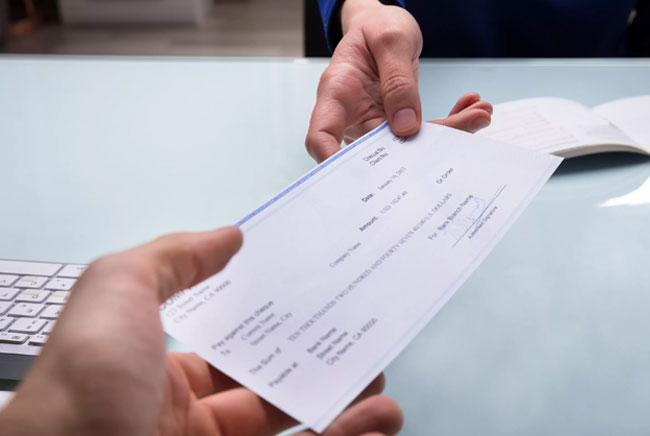Escheatment is the process by which a corporation or financial institution deliver’s or escheats unclaimed properties to their state or to the state with the property owner’s last known address. Included in this process are most of the various assets listed below that have remained unclaimed or dormant for a period of time determined by the individual states and is usually between one and five years. If a person dies without leaving a beneficiary to their property, it becomes escheated.
In many states uncashed or sometimes known as stale checks/warrants have a limited time for recovery and never become part of the escheatment process









